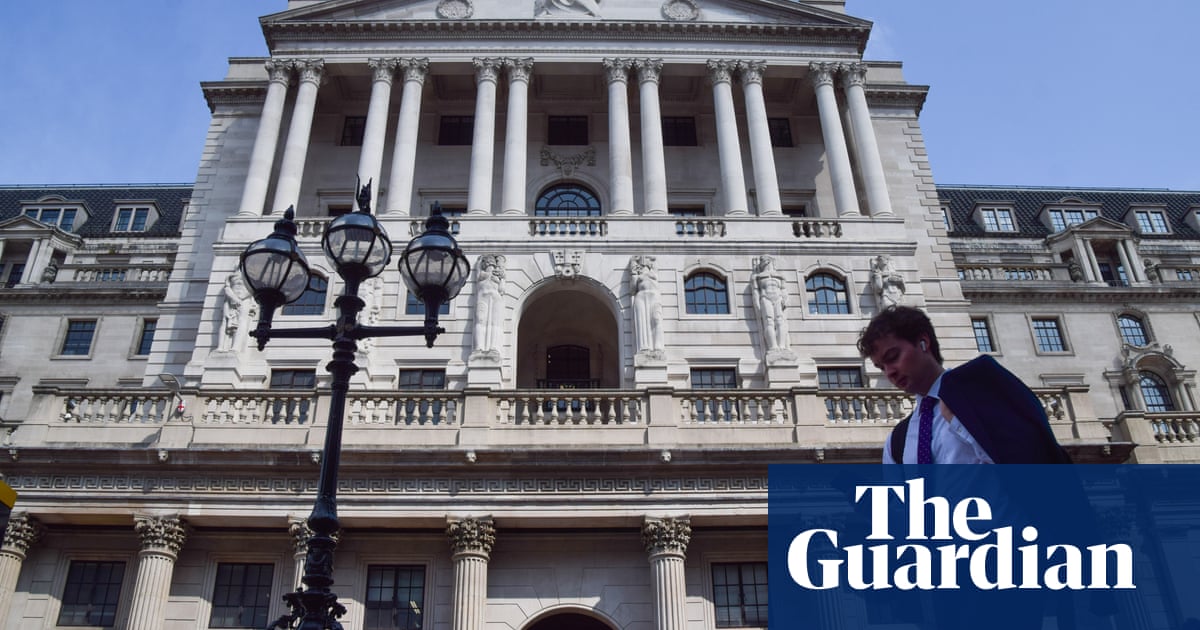
The Bank of England’s chief economist has warned the government against extending the furlough scheme, arguing it will delay an “inevitable” shake-out of businesses hit by the Covid-19 pandemic.
Andy Haldane said a “necessary process of adjustment” was under way and an extension of the job retention scheme beyond the 31 October deadline would only delay this process taking place.
In a message that rejected concerns of spiralling unemployment without the subsidy remaining in place, Haldane said it was the central bank and government’s job to support the transition to new ways of working.
Business leaders, trade union bosses and opposition politicians have warned that the UK could suffer a wave of redundancies in the run-up to Christmas from the 2.3 million workers still on furlough if the scheme is cancelled.
Figures from the Insolvency Service show that employers, which must notify the government when they want to make 10 or more jobs redundant, filed plans in June and July to make more than 300,000 job cuts.
This would be on top of the 730,000 employees already made redundant during the pandemic and the 300,000 self-employed people unable to find work.
The furlough scheme has supported more than 9 million workers since March and been hailed a success by business leaders who say it should continue to cover the leisure and hospitality sectors as well as hard-pressed manufacturing industries such as aerospace.
Speaking on the City AM podcast, Haldane added his voice to the Bank of England governor, Andrew Bailey, who said last month that the chancellor, Rishi Sunak, should “move forward” to the next stage of government support rather than extend the furlough scheme.
Haldane said business and workers had proved to be “incredibly resilient” in the way they had adapted to conditions under a pandemic, adding that many of the changes, including working from home, were likely to prove “enduring”.
“I don’t want to come across as Panglossian about the prospects for the economy. There are still risks to health and the economy from the pandemic,” he said.
“But the turnaround in the fortunes of the global and UK economies in the past few months has been quite remarkable. And even now that recovery is not given enough credit and the popular narrative is on the gloomy side of neutral.”
He said household spending, which accounts for about two-thirds of economic activity, was back at pre-Covid levels, though the types of expenditure had changed.
“Our job as policymakers is to assess how we can best cushion the necessary adjustment. We need to recognise we are undergoing a period of change and there is a need to help those people affected adjust quickly.”
He added: “Ever elongating the coronavirus job retention scheme would not allow the necessary process of adjustment to take place.”












